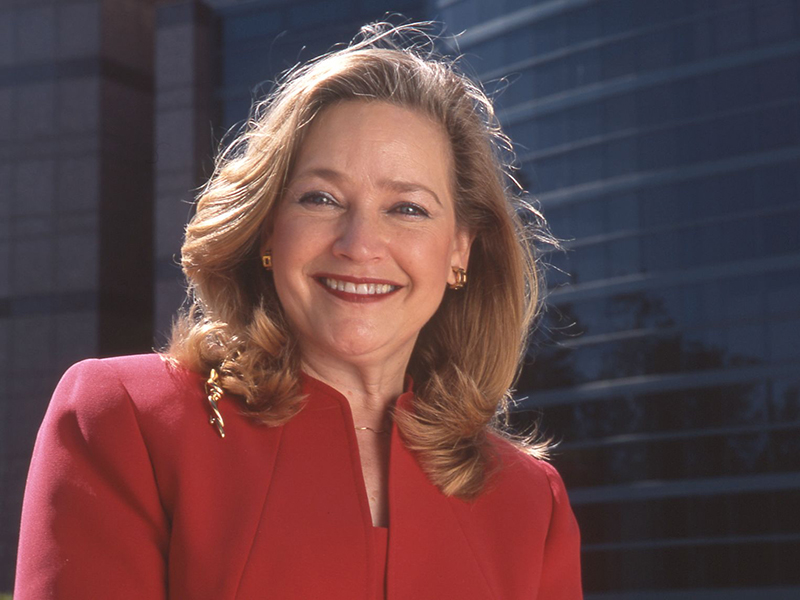How do we preserve the memory of Holocaust survivors when there are no more living survivors to recount their personal experiences?
This is one of the issues that educators and community leaders will be grappling with at the upcoming National Policy Conference on Holocaust Education, which will be hosted by the Friends of Simon Wiesenthal Center for Holocaust Studies (FSWC) on Jan. 27-28 at the Toronto’s Hotel Novotel.
The event coincides with the International Day of Commemoration in Memory of the Victims of the Holocaust.
FSWC president and CEO Avi Benlolo said he’s thrilled with the roster of presenters who have been lined up for the conference.
On the first evening, there will be three keynote speakers – Max Eisen, an author and Holocaust survivor, Irwin Cotler, human rights activist and former justice minister, and Liebe Geft, director of the Museum of Tolerance, the educational arm of the Simon Wiesenthal Center (SWC) in Los Angeles.
Benlolo pointed out that the mission of FSWC is to promote tolerance and human rights, and to combat anti-Semitism.
READ: ARE HOLOGRAMS THE FUTURE OF HOLOCAUST EDUCATION?
“We work mostly with people who are not Jewish,” he said. “We educate non-Jews. These people take away best practices to educate their students. That’s what we want to see.”
Geft said she has trained many Canadian teachers and first responders to combat anti-Semitism and bigotry in Canada.
She stressed that Holocaust educators must counter the notion that all genocides should be put on an equal footing.
“There is the rewriting of history so that differences between genocides are minimized, in an attempt to equalize event narratives,” she said. “It’s an attempt to rewrite history.”
She pointed to the Prague Declaration of 2008, which expounds a “double genocide theory,” whereby the genocides committed by the Nazis are equated with the genocides perpetrated by the communists.
“They are attempting to combine two different historical events into one joint memorial day,” and thus distort history by saying that Jews were murdered because they were communists, said Geft.
The single most powerful and unforgettable lesson of the Holocaust is the opportunity to hear a survivor tell their story.
– Liebe Geft
“Universalization is erasing the uniqueness of the Jewish Holocaust.… There are clear moral lessons that can be learned (from the Holocaust). That is why Holocaust education is so important.”
Geft also warned that modern technology is increasingly being used to spread misinformation.
“We are exposed to unvetted sources of information and so we have to be the consumers and producers of this media,” she said. “There are deliberate attempts at the blurring of the truth. People are hijacking language from the Holocaust.”
The best way to counteract such misinformation is through education, Geft said.
“The single most powerful and unforgettable lesson of the Holocaust is the opportunity to hear a survivor tell their story. There is nothing to replace these first-person, eye-witness stories. Through them, listeners gain understanding and empathy.”
But the dwindling number of survivors presents a challenge for Holocaust educators, she noted, pointing to the new ways that some institutions are preserving and presenting the personal histories of Holocaust survivors.
For instance, the Shoah Foundation is creating holograms to try to capture survivor testimonials in 3D. Yad Vashem is producing a new series of testimonies. And SWC is also in the process of recording the children and grandchildren of survivors telling their family stories.
In the meantime, SWC is launching a “massive campaign” to invite people “to come in to meet and listen to a survivor,” while the opportunity is still available, said Geft. “Their inspiration knows no bounds. To have that voice, it’s a great deal.”
